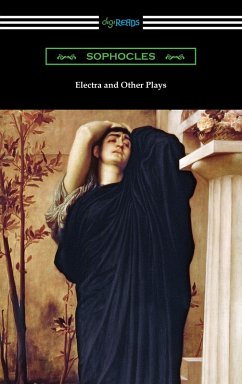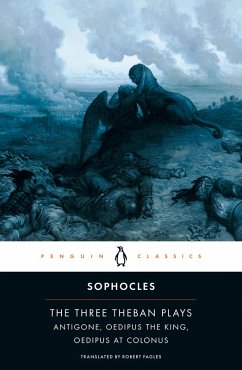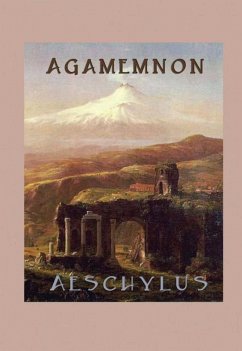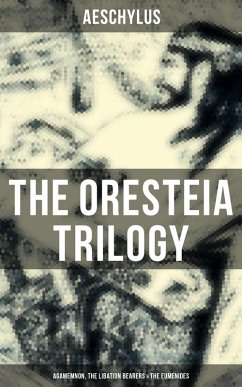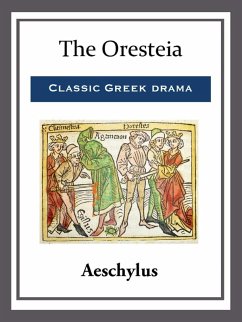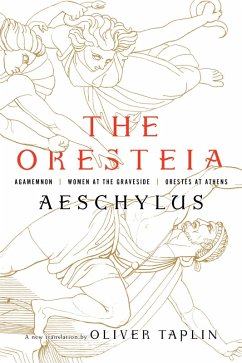
The Tragedies of Sophocles (eBook, ePUB)
Exploring Fate, Free Will, and Human Tragedy in Ancient Thebes
Übersetzer: Jebb, Richard Claverhouse
Versandkostenfrei!
Sofort per Download lieferbar
1,99 €
inkl. MwSt.
Weitere Ausgaben:

PAYBACK Punkte
0 °P sammeln!
Sophocles' "The Tragedies of Sophocles" comprises a collection of some of the most profound works in ancient Greek literature, showcasing the playwright's mastery in weaving complex narratives that delve into themes of fate, morality, and the human condition. Notable plays such as "Oedipus Rex" and "Antigone" illuminate the tension between individual agency and divine will while employing a rich, poetic language that enhances their emotional intensity. Sophocles' innovative use of dramatic irony and character development set a foundation for Western literary traditions, establishing a cultural...
Sophocles' "The Tragedies of Sophocles" comprises a collection of some of the most profound works in ancient Greek literature, showcasing the playwright's mastery in weaving complex narratives that delve into themes of fate, morality, and the human condition. Notable plays such as "Oedipus Rex" and "Antigone" illuminate the tension between individual agency and divine will while employing a rich, poetic language that enhances their emotional intensity. Sophocles' innovative use of dramatic irony and character development set a foundation for Western literary traditions, establishing a cultural context where personal dilemmas and societal constraints collide. Sophocles, a contemporary of Euripides and Aeschylus, was significantly influenced by the sociopolitical upheaval of his time, including the Peloponnesian War and the rise of democracy in Athens. His experiences as a general and a playwright enriched his understanding of Greek society, enabling him to explore the intricacies of human behavior and morality. Recognized for advancing theatrical techniques, such as introducing a third actor and expanding the chorus, Sophocles carved a unique space in dramatic arts, letting complex characters grapple with their choices and consequences. Highly recommended for both scholars and enthusiasts of classical literature, "The Tragedies of Sophocles" provides an indispensable exploration of ancient themes that resonate powerfully today. Readers will find themselves grappling with the timeless issues of justice, familial loyalty, and the inescapable grip of fate, making this collection not only a cornerstone of cultural heritage but also a profound reflection on the essence of our own human experiences.
Dieser Download kann aus rechtlichen Gründen nur mit Rechnungsadresse in A, B, BG, CY, CZ, D, DK, EW, E, FIN, F, GR, H, IRL, I, LT, L, LR, M, NL, PL, P, R, S, SLO, SK ausgeliefert werden.





